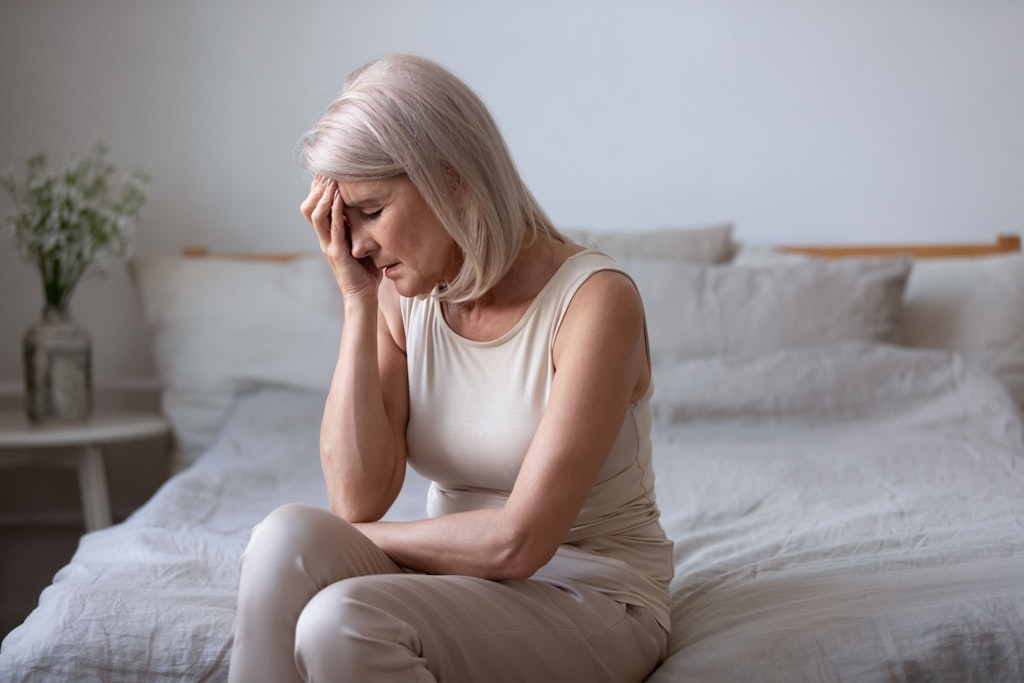Falls prevention is the knockout blow to concussion issues in aged care
Last updated on 29 April 2024

Concussions and their ongoing impact on athletes have been at the forefront of countless news stories in recent years, but experts in the field are now raising awareness of concussion risks in older adults.
Not-for-profit organisation Connectivity (Traumatic Brain Injury Australia) is one of those advocating for increased knowledge of proper concussion management and prevention.
Speaking to hello leaders, Connectivity Executive Officer Naomi Fuller said it’s important to emphasise the importance of seeking medical care if an aged care resident or client may have a concussion.
“Sport is bringing concussion to the forefront and many concussions do occur within sport. But the thing about concussions is more of them happen in the course of daily life; falls, car accidents, family or domestic violence situations and workplace accidents,” she said.
“It can be tricky to diagnose a concussion. A concussion can only be diagnosed through a clinical assessment with a medical health professional.”
“Concussions in older people are likely to be underreported due to a fear of losing independence or worrying their loved ones. If they have had a fall there may be an obvious bruise on their arm and someone may think that’s where they’ve hurt themselves, but may not think they hit their head or their brain moved within their skull.”
According to Connectivity, there are an estimated 200,000 cases of Traumatic Brain Injury in Australia each year with approximately 170,000 of those being concussions. As highlighted by Ms Fuller, just 16% of those concussions occur on a sporting field.
“Falls are one of the biggest causes of concussion. As people age there are different issues with mobility and health so they are in that higher-risk category,” she added.
“A force to your body that’s strong enough to make your brain move within your skull can cause a concussion. You don’t have to hit your head or be knocked out. You can be but often you’re not left unconscious from a concussion.”
There is added complexity to recognising the signs and symptoms of concussions in older people when co-morbidities are present. Memory problems caused by dementia, dizziness due to low blood pressure or the side effects of some medications can all be similar to concussion symptoms.
Pre-existing health concerns may also result in lingering concussion symptoms, although that’s not always the case.
Bringing awareness to aged care settings
Ms Fuller praised aged care providers for their work in preventative falls programs as she said this is one of the best ways to reduce the risk of concussion. She said that anything aged care workers can do to prevent a concussion will have an impact.
“Trying to prevent things, especially in older adults, can be done by continuing to encourage exercise, core strength and balance, ensuring that surroundings are safe and you’re removing any trip hazards, even regularly reviewing medicines just to make sure people are on the right medicine that doesn’t make them feel faint, or just checking their eyesight regularly,” she said.
Continuity of care providers was also highlighted as a way to recognise even subtle changes in resident or home care client behaviours. So where someone may already have dementia or be at a fall risk, rather than waiting for them to speak up – something they could be reluctant to do – the presence of a regular nurse or carer means any changes can be spotted.
“We want people to better understand what a concussion is, the signs and symptoms and the red flags so they know most definitely when to seek immediate medical care,” Ms Fuller said.
“If people know and are aware of these issues then the management starts straight away rather than a person having a fall, keeping quiet, and only saying something one week later. It’s important to understand that with management, recovery outcomes will be better.”
Like most instances of healthcare, early intervention will reduce the risk of potential long-term side effects such as delayed recovery, ongoing confusion or dizziness and nausea or vomiting.
This awareness among aged care staff, and even family members, can ensure positive recovery outcomes every time a concussion occurs.
Aged care workers can access a Concussion in Older Adults Short Course to learn more about prevention and management, while there is also a general Concussion Short Course with more information.